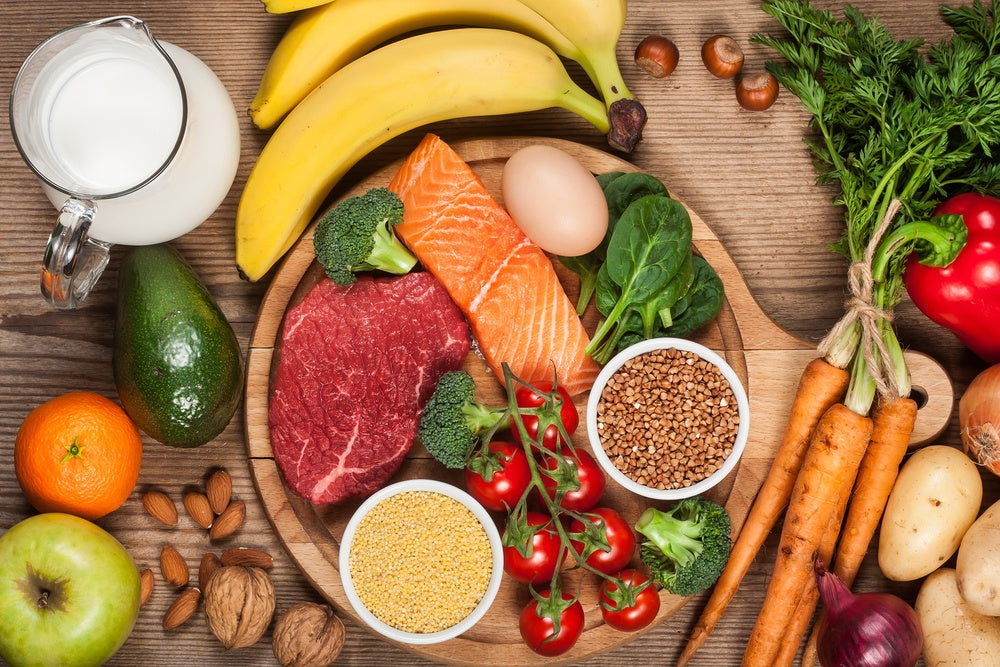5 Healthy Eating Tips

Healthy eating helps you live a well rounded life. Health is wealth they say.
We all have stressful work schedules, responsibilities and 24hrs isn’t exactly enough we all say but on your priority list, eating healthy should be number 1 and maintaining a healthy lifestyle should be number 2.
Eating healthy doesn’t mean eliminating all your favourite foods, it means eating smaller portions, substituting high calorie content for lower ones and overall maintaining a relatively healthy lifestyle.
At ScotMaple Foods, we believe in providing healthier food alternatives that helps everyone be the best version of themselves.
Here are 5 tips that can help you achieve a healthy lifestyle;
1. Eat a variety of foods
Everyone needs more than 40 different nutrients daily and no single food can supply them all. It is not about eating once a day, it is largely about a balanced diet over time that will make a difference! For example;
A high-fat calorie lunch could be followed by a low-carb dinner or after a large meat portion at dinner, perhaps consider eating fish the next day.
This will help you ensure you're consuming the right amount of balanced diet.
2. Consume plenty of foods rich in carbohydrates
Usually about half the calories in our diet should come from foods rich in carbohydrates, the human body needs glucose to function.
It is a good idea to include at least one of these in every meal. Whole Grain foods, like wholegrain bread, pasta, oatmeal produce and cereals are very essential in every diet. It will increase our fibre intake.
3. Replace saturated with unsaturated fat
Fats are necessary for good health and proper functioning of the body. However, excessive consumption of it can negatively affect our weight and cardiovascular health.
Different kinds of fats have various health effects, and some of these tips could help us keep the balance right:
- Limit the consumption of saturated fats and completely avoid trans fats; ensuring you read the labels helps to identify the sources.
- Eating fish at least 2-3 times a week, with at least one serving of oily fish, will help contribute to the healthy intake of unsaturated fats.
- When cooking, boil, grill, steam or bake, rather than frying with oil, remove the fatty part of meat, use plant-based oils.
4. Enjoy plenty of fruits and vegetables
Fruits and vegetables are very essential for a healthy diet as they provide us enough vitamins, minerals and fibre.
Everyone should try to eat at least 5 servings a day. Here’s a sample, a glass of fresh fruit juice at breakfast, perhaps an orange and a piece of watermelon as snacks, and a good portion of different vegetables at each meal.
5. Reduce salt and sugar intake
A high salt intake can cause high blood pressure, and increase the risk of cardiovascular disease.
There are various ways to reduce salt in the diet:
- When shopping, choose products with lower sodium content.
- When cooking, substitute salt with spices, increasing the variety of flavours and tastes.
- When eating, avoid having salt at the table or sprinkling salt on a meal before tasting.
Sugar provides sweetness and an attractive taste, but sugary foods and drinks are rich in energy, and are best enjoyed in extreme moderation, as an occasional treat. We can use fruits to sweeten our foods and drinks.
